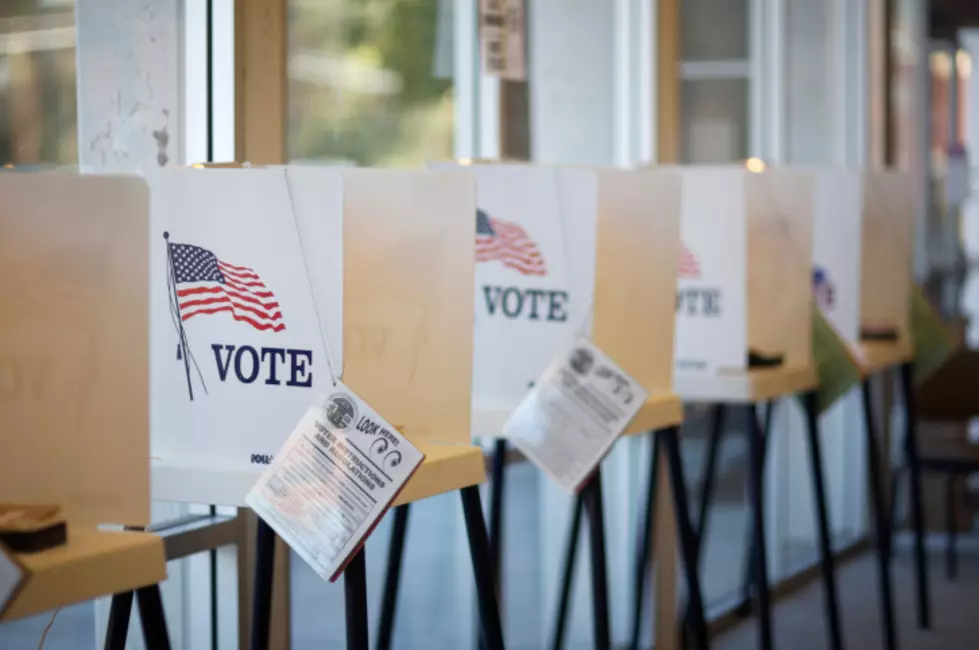
Missouri Supreme Court Extends LGBTQ Protections in Rulings
The Missouri Supreme Court extended legal protections Tuesday against discrimination based on sexual orientation and gender identity in separate cases dealing with employment rights of workers and access rights to public facilities by transgender students.
In one case involving a gay man, the court affirmed that Missouri law prohibits employment discrimination on the basis of a worker’s failure to conform to sex-based stereotypes. An employee who is discriminated against because of how they are expected to act has a legal basis to file a legal action, the court ruled.
“Sexual orientation is incidental and irrelevant to sex stereotyping,” the court wrote.
The ruling came in the action brought by Harold Lampley and Rene Frost against the Missouri Commission on Human Rights. Lampley, a gay man, argued he was subjected to harassment and retaliation at the Missouri Department of Social Services’ Child Support Enforcement Division where he worked. Frost alleged she was discriminated against based on her close friendship with Lampley. The ruling instructs the Commission to issue them right-to-sue letters.
The state Supreme Court also sided with a transgender student, identified only as R.M.A., in the Blue Springs School District who had been denied access to the boys’ restrooms and locker rooms. The high court said a circuit court had improperly dismissed the case and sent it back to the lower court for further proceedings.
The American Civil Liberties Union of Missouri said in a news release that Missouri’s Human Rights Act prohibits discrimination on the basis of race, sex and national origin, but does not explicitly include sexual orientation and gender identity. It said Tuesday’s decisions are a step toward improving the clarity of the state’s anti-discrimination stance. The ACLU had filed friend-of-the-court briefs in both cases.
“Members of the LGBTQ community should enjoy the same protections against sex-based discrimination as everyone else,” Tony Rothert, legal director for the ACLU of Missouri. “Excluding LGBTQ individuals from legal protections was justified by outdated, destructive stereotypes and ignored the lived reality of thousands of people in our state.”
More From AM 1050 KSIS









